Jones Group
Pre-cancer
We focus on three key areas:
- Mutations in normal tissues
- The competitive fitness of mutant cells
- The earliest stages of tumour development
To find out more about each project, read below
Cancer arises after extensive exposure to agents that mutate DNA. Examples include ultraviolet light in sunshine on skin cells, and aging and alcohol use in the oesophagus. However, these tissues can continue to look and function normally despite accumulating a large proportion of cells that are carrying mutations that are common in cancers and may impact tissue aging. Understanding the processes that restrain mutant cells and how we can redirect the Darwinian like evolutionary processes that shape the patchwork of mutant cells in our aging
Cancer arises after normal cells accumulate changes in their DNA. These may arise from ageing or from exposure to factors in the environment such as sunlight in skin cells, or alcohol in the oesophagus. Normal tissues accumulate a large proportion of cells with mutations commonly found in cancers. We aim firstly to understand the Darwinian like evolutionary processes that shape the patchwork of mutant cells in our aging tissues and secondly the earliest stages of how tumours emerge from normal tissues. We then apply these insights to identify interventions that can deplete the mutations that drive cancer development from normal tissues, with the aim of stopping cancer before it starts.
Mutations in normal tissues
We devised an approach to map cells carrying mutations in normal skin and oesophagus, finding a high burden of cells with mutations found in cancer. We are now exploring how mutations and other genome abnormalities vary with age, lifestyle factors such as sun exposure, smoking or alcohol, changes in the immune system, and exposure to drugs or radiation.
The competitive fitness of mutant cells
We have identified mutations that give cells a competitive advantage over their neighbours, allowing them to colonize normal tissues. By using large scale gene editing in 3D cultures of tissues we can find how these mutations make cells ‘fitter’ and uncover potential weaknesses that can be targeted to remove the mutant cells from tissues without damaging normal cells.
The earliest stages of tumour development
We can visualize microscopic tumours as they emerge from normal oesophageal tissue and study the mutations they carry. Many, but not all, of these micro-tumours are lost. The survivors may go on to develop into cancers. Understanding the processes involved will guide developing interventions to eliminate more micro-tumours before they make it into cancer.
Core team
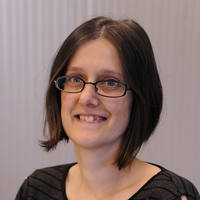
Joanna Fowler
Staff Scientist
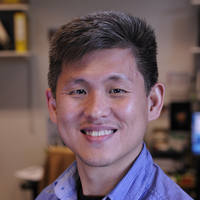
Swee Hoe Ong
Principal Software Developer
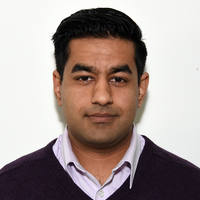
Dr Roshan Sood
Principal Bioinformatician
Previous core team members
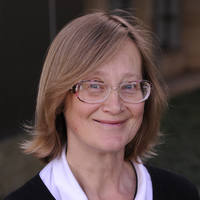
Dr Irina Abnizova
Senior Computer Biologist
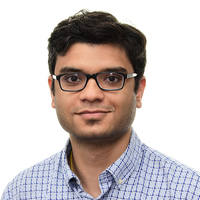
Dr Ujjwal Banerjee
Postdoctoral Fellow
Programmes and Facilities
Partners
We work with the following groups
External
Cancer Research UK
Phil has been funded by Cancer Research UK to research pre-cancer in the oesophagus. The goal of this research is to discover if the mutations that drive this difficult to treat tumour can be depleted from normal tissue reducing the risk of cancer occuring in the future.
External
Department of Oncology, University of Cambridge
Phil Jones has a joint appointment with the Oncology Department in the University of Cambridge, facilitating translational studies in the clinic.
External
Wellcome Trust - Medical Research Council Cambridge Stem Cell Institute
Phil Jones has a long-standing interest in stem dells and is an affiliated investigator in this important initiative in stem cell research in Cambridge.
